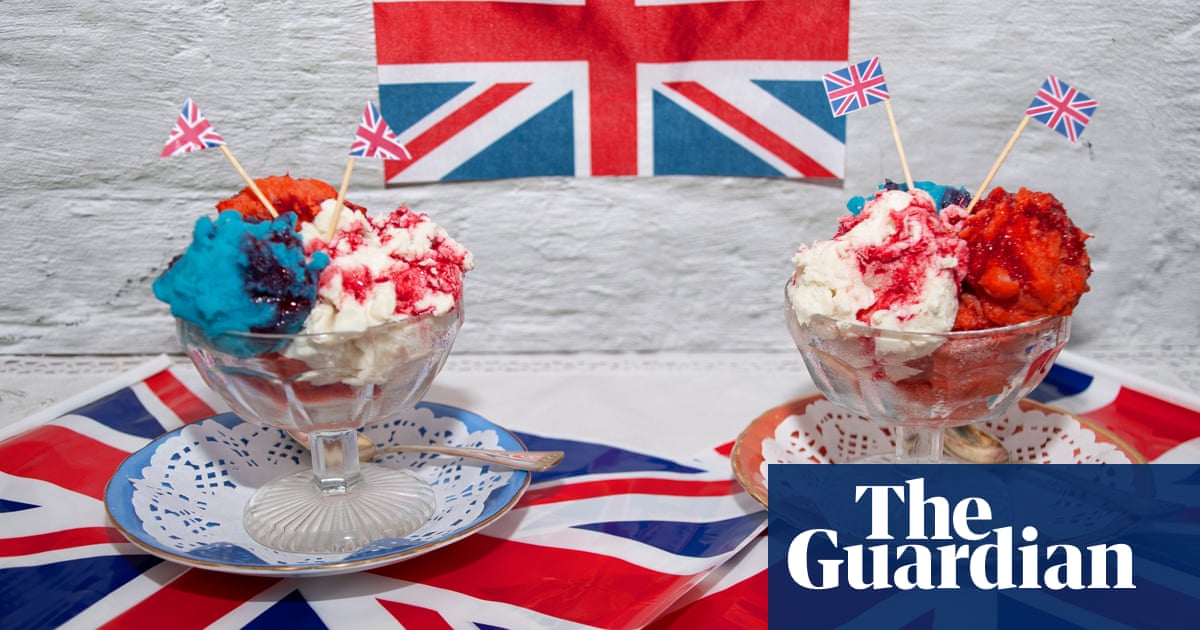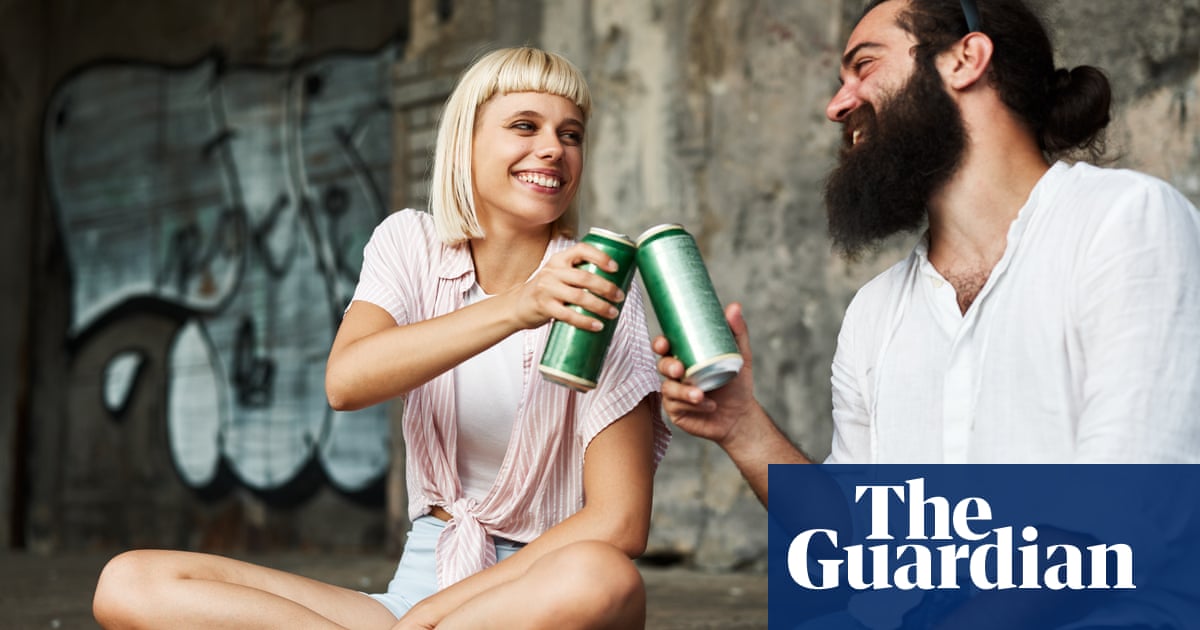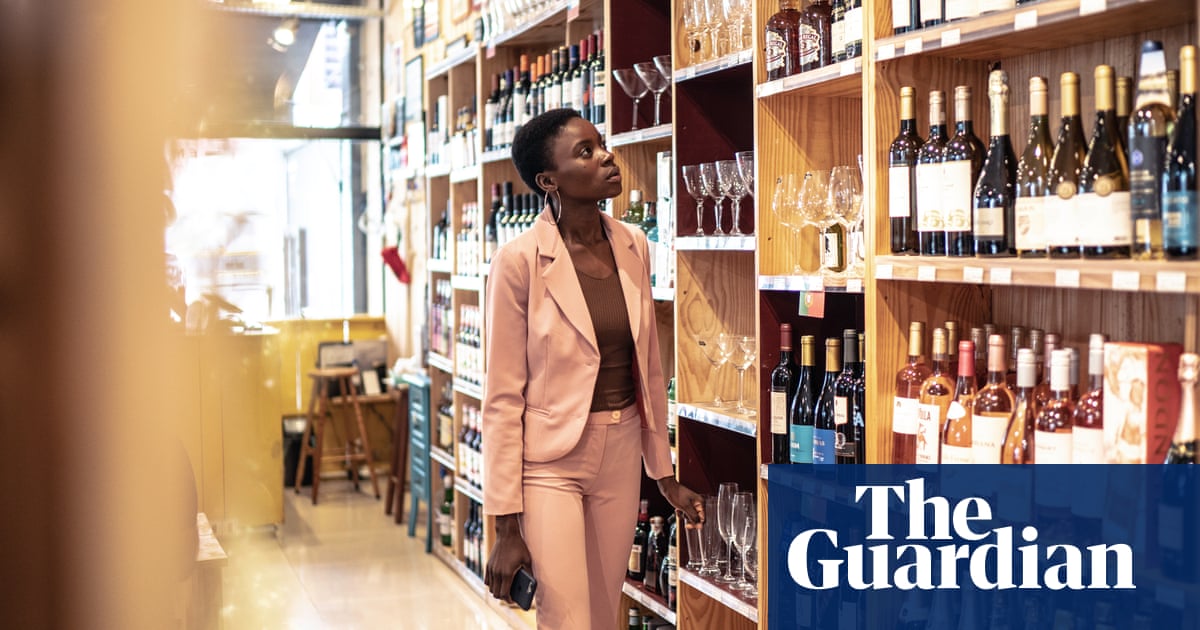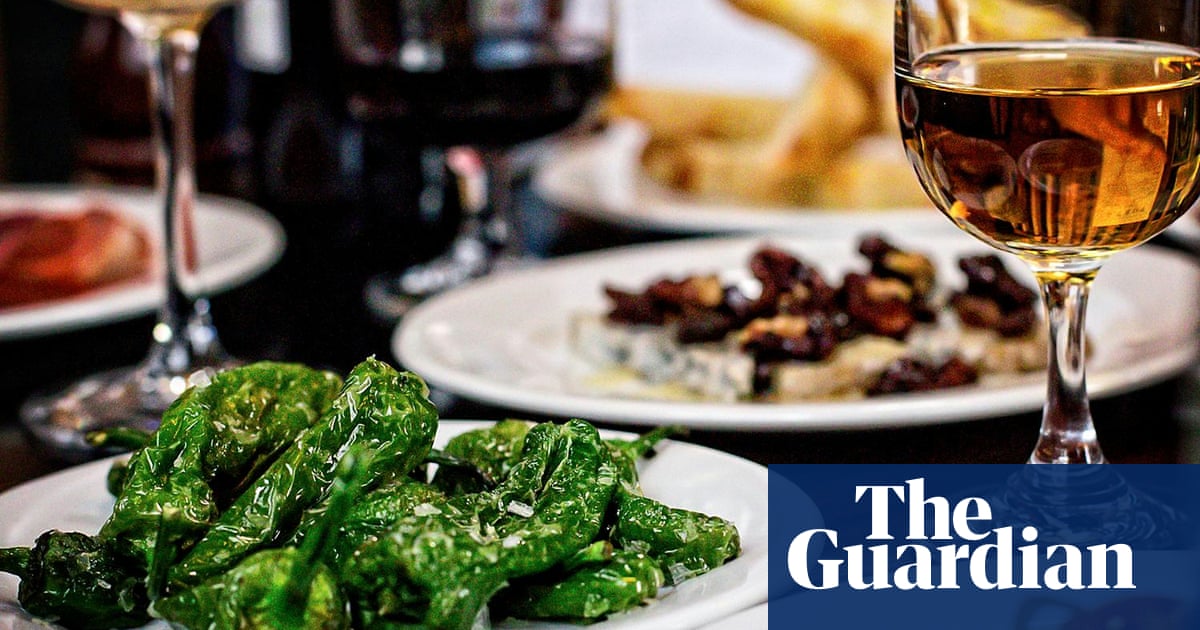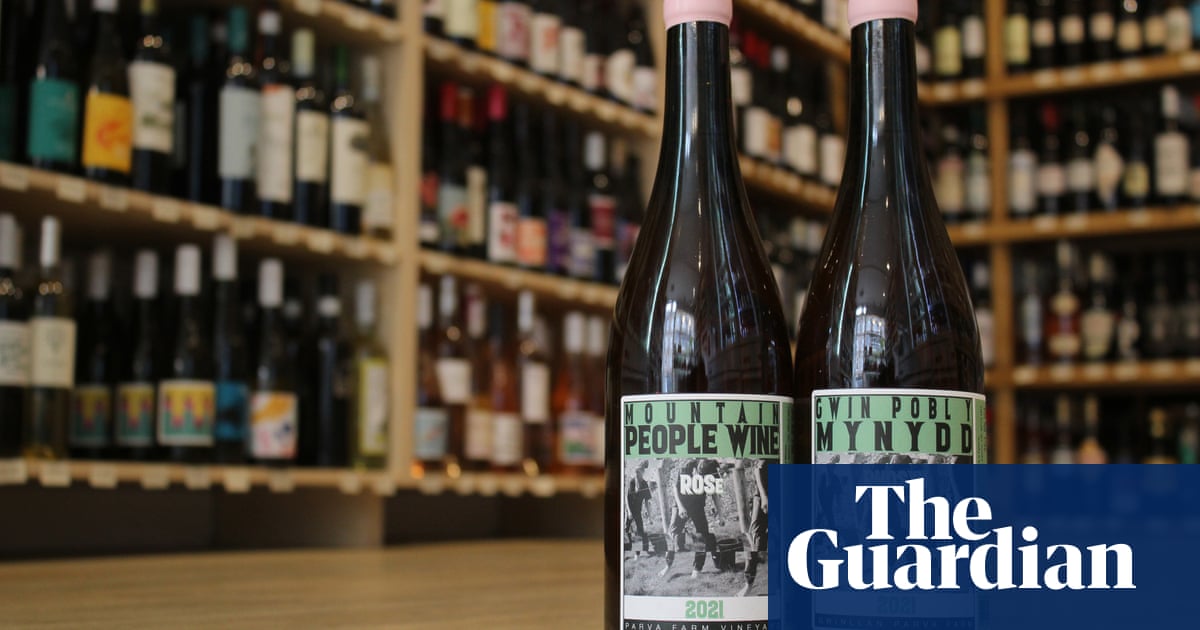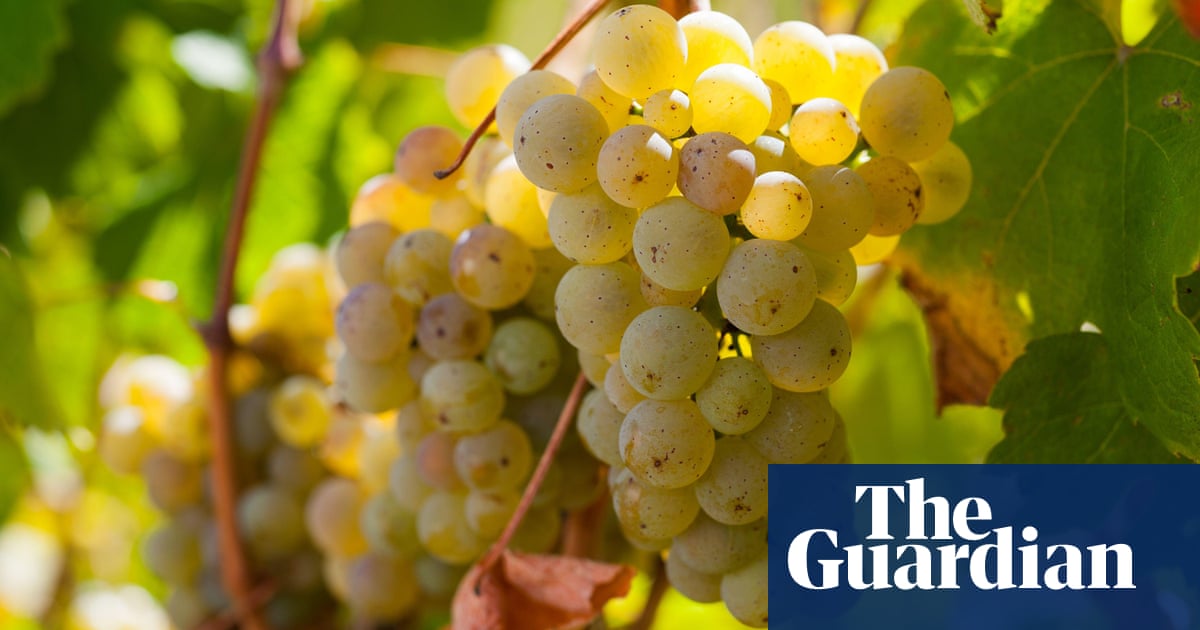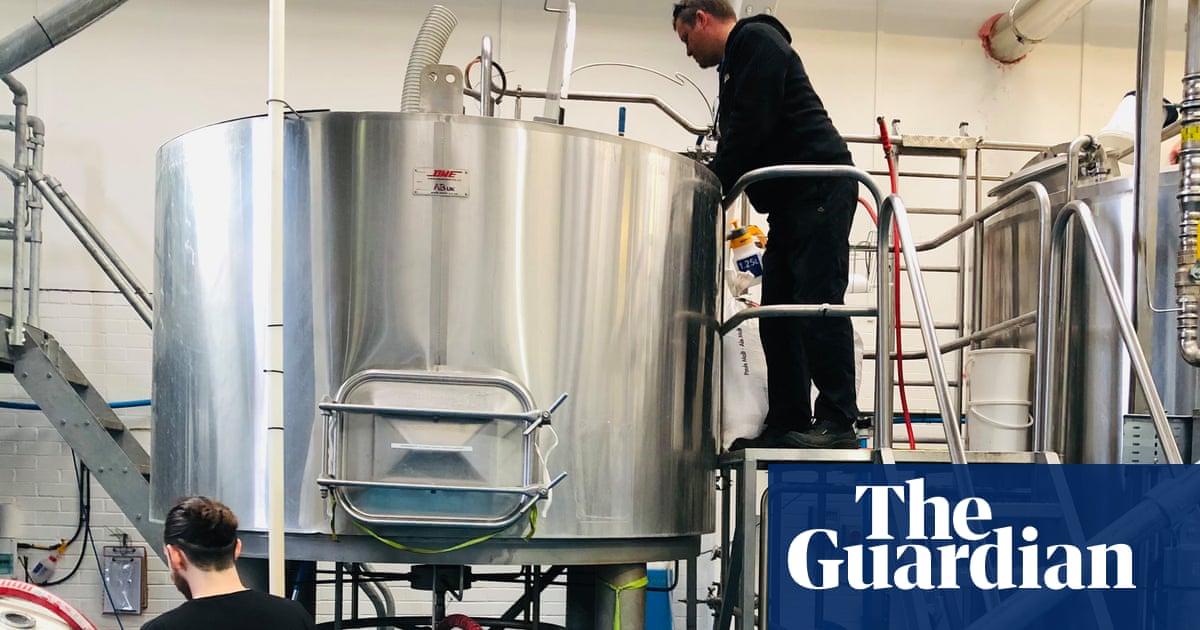
Maybe it’s the “corp” bit of B Corp, but my initial reaction on hearing about this on-trend certification scheme was that it sounds like one of those often tokenistic corporate responsibility sections you see in annual reports. But there are now more than 1,000 certified businesses in the UK, including several drinks companies such as Innocent and Sipsmith gin.
To become a B Corp-registered company, you have to tick a lot of boxes. The certification covers the way you treat your staff and the social and environmental impact of the way you run your business, and also requires you to be transparent about it. This is obviously designed to reassure consumers thatthey’re buying from a company that trades ethically, but there are significant business advantages, too: “People applying for jobs now look for it,” says Philip Everett-Lyons of Hattiers rum, “and retail buyers are more interested. It helped us to get listed in Waitrose, for instance.”
It’s easy to see it as a smart bit of corporate PR but Hattiers, like many of the other B-Corp registered outfits, is not a huge company with an HR department to which they can outsource compliance. What many of them have in common with other businesses such as Lucky Saint and Toast Ale, however, is that they are young companies run by founders who not only want to build a business, but who also want to do it the right way. (That said, the scheme has also attracted other companies, the Guardian included, which have been around for a lot longer.)
Toast, for example, which brews with surplus bread, has opened a cafe and tap room called Good Company just off Regents Park in London, working in collaboration with homelessness charity Change Please and helping to train the long-term homeless to be baristas.
Certified companies have to be re-certified by the parent company B-Lab every three years to retain their status, a process that is set to become progressively more challenging. Currently, they simply have to achieve an impact score of 80 or above, which means they can focus on one thing they’re already really good at, but the new rules, which have not yet been finalised, will require a high rating across the board. And continuing certification is not guaranteed: Brewdog, for example, lost its B Corp status last year in the wake of a number of staff complaints about bullying.
If you can handle the corporate speak – “It’s not just a mark but a movement” – there’s a lot to admire about B Corp certification, which has almost become something any progressive company can’t afford not to do. “We’ve also seen a change in the way people are being taught at business school,” says Louisa Ziane, CEO and founder of Toast Ale. “People are looking at more disruptive businesses and saying ‘we want to be part of it.’”
Five British B Corp drinks to try
Toast Session IPA £2.10 a 330ml can Waitrose, £2.20 Amazon, 4.5%. As it says on the tin, a session ale, but brewed intriguingly from toasted leftover bread.
Ridgeview Cavendish Brut £24.49 (on offer, down from £30) Bin End Wines, £30 Marks & Spencer, £35 Ocado, 12%. One of the first English sparkling wines to hit the shelves, Ridgeview has a similar rich toastiness to champagne.
Sipsmith VJOP Gin £39.45 Master of Malt, £35.51 Amazon, 57.7%. A super-junipery, overproof gin for those who (like me) like their gin to be ginny.
Hattiers Egremont Rum £37.95 The Whisky Exchange, £40 Waitrose, 40%. Deliciously spicy, vanilla-y rum, sourced from the Caribbean and blended in Devon. Intended for sipping, but would make a cracking rum punch.
Dash Cucumber Water £12 (12 x 330ml cans) Ocado, £14.99 dash-water.com (or £11.99 on subscription). My favourite from this appealingly natural-tasting flavoured water range made from so-called “wonky” fruit and veg (though you could, of course, simply add sliced cucumber to your water jug at home instead).
For more by Fiona Beckett, go to fionabeckett.substack.com





